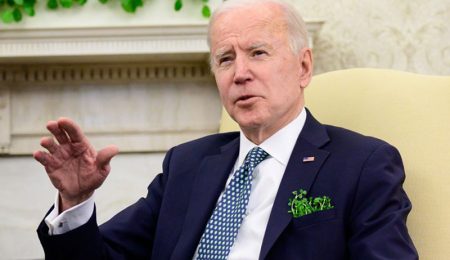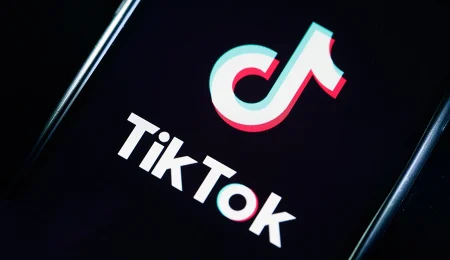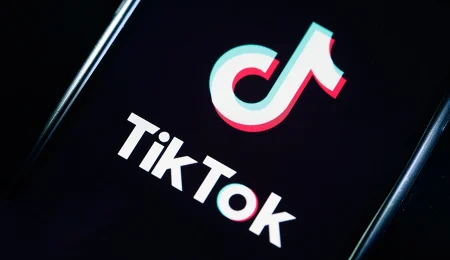Geespace, a company backed by Chinese automaker Geely, has successfully launched a third batch of low Earth orbit (LEO) satellites as part of its ambitious plan to create a global megaconstellation, similar to SpaceX’s Starlink. The 10 satellites were launched from the Taiyuan Satellite Launch Centre in Shanxi province, China, bringing the total number of satellites in Geespace’s constellation to 30.
According to Geespace, this deployment marks the first time a Chinese commercial aerospace company has offered global LEO satellite communication services. The constellation currently covers 90% of the globe, providing 24-hour communication services. This achievement is part of Geespace’s long-term goal of building a constellation of nearly 6,000 satellites to deliver global broadband services.
“With this latest launch, the constellation now includes 30 satellites, covering 90% of the globe with 24-hour communication services,” Geespace said. “This deployment marks the first time a Chinese commercial aerospace company has offered LEO satellite communication on a global scale,” the company said.
Geespace was founded in 2018 by Geely Technology Group, a subsidiary of the automaker, with the mission to research, launch, and operate LEO satellites. LEO satellites, typically orbiting at altitudes of 300-2,000 km, are known for their cost-effectiveness and efficient transmission capabilities compared to satellites positioned in higher orbits.
The company launched its first 20 satellites in two separate phases—one in 2022 and another earlier this year. This latest launch marks the first phase of its constellation buildout, which aims to have 72 satellites in orbit by 2025, servicing over 200 million users worldwide.
In subsequent phases, Geespace plans to add 264 satellites dedicated to mobile phone communications and a further 5,676 satellites for high-speed broadband services. The company envisions its system as “China’s private equivalent to Starlink.”
SpaceX’s Starlink, currently the largest commercial broadband constellation, boasts around 5,500 satellites and serves tens of thousands of users across the U.S. and internationally. It has plans to deploy tens of thousands more satellites in the coming years.
Geespace isn’t the only Chinese company seeking to rival Starlink. State-owned Shanghai Spacecom Satellite Technology (SSST) is also entering the space race with its “Thousand Sails Constellation,” also known as the “G60 Starlink Plan,” aiming to launch 108 LEO satellites this year, 648 by 2025, and an eventual 15,000 satellites by 2030. As the competition between global broadband providers intensifies, China is quickly positioning itself as a key player in the race for space-based internet.
Melissa Enoch
Follow us on:



